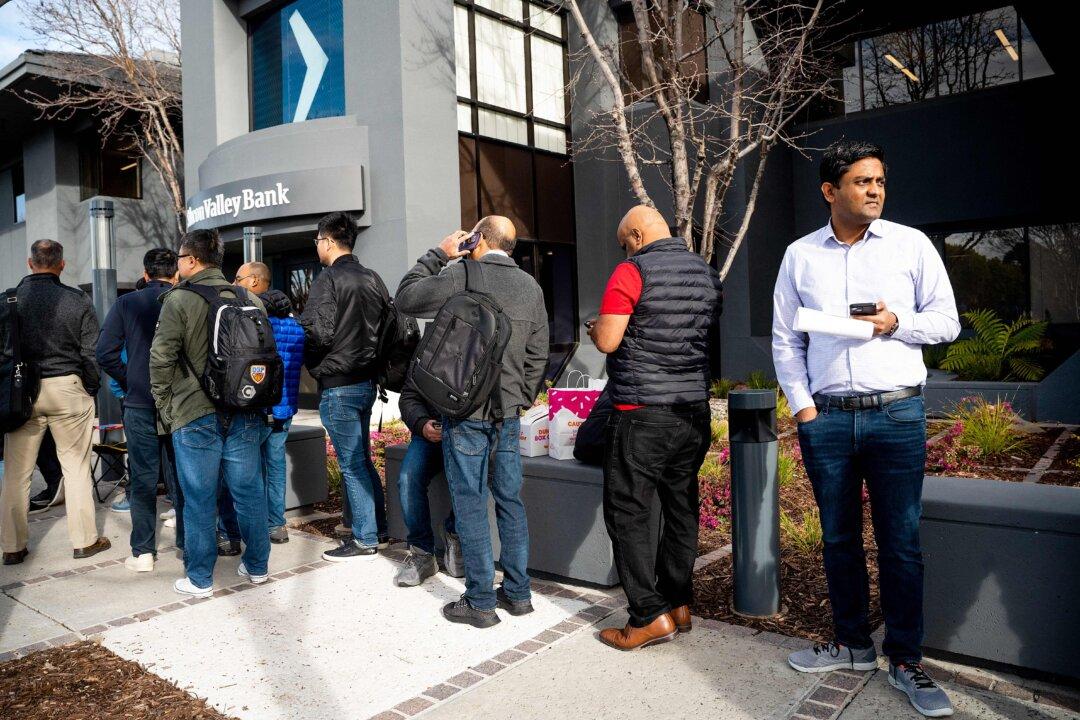The recent collapse of Silicon Valley Bank (SVB) could impact the housing market in two separate ways, according to real-estate marketplace company Zillow.
In an article published on March 14, Zillow chief economist Skylar Olsen noted that mortgage rates could fall if the Federal Reserve pulls back from its aggressive interest-rate hikes—which market experts have said looked likely to increase again—in the wake of the latest crisis.




